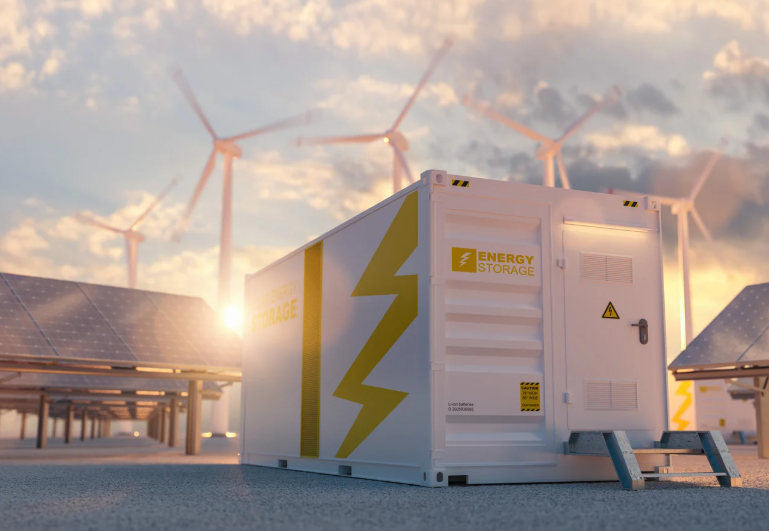A joint venture between Empower Renewables and Galileo Green Energy has secured planning consent for a 49.9MW battery energy storage system (BESS) in West Lothian, Scotland.
The Middlerigg project, greenlit by West Lothian Council’s Development Management Committee, will be strategically located between Bathgate and Armadale, close to an existing substation. Designed to store excess electricity and dispatch it during peak demand, the facility underscores the growing need for grid flexibility in an increasingly electrified energy system. According to Galileo Empower, the storage site will support energy security by alleviating pressure on network infrastructure and reducing curtailment of renewable generation.
With a nameplate capacity just shy of 50MW—a common regulatory threshold—the Middlerigg installation fits within the UK’s streamlined planning track for battery projects. Yet its importance lies less in size than in timing. The UK added a record 800MW of battery storage in 2023, according to RenewableUK, but analysts have flagged growing delays in grid connection timelines. By securing consent early and leveraging proximity to existing transmission assets, Galileo Empower appears to be mitigating one of the industry’s most pressing bottlenecks.
This is Galileo Empower’s first fully consented BESS project in Scotland, but not the company’s only move in large-scale renewables. In 2023, the JV announced an ambition to develop 10GW of solar, wind, and storage assets across Northern Europe by 2030. Its German subsidiary has recently submitted plans for an 83MW onshore wind farm in the Upper Palatinate region—an installation projected to supply electricity to over 45,000 homes via 10 to 12 turbines.
Galileo Empower’s cross-border pipeline signals a broader trend among pan-European developers seeking geographic and technological diversification amid fluctuating power markets and regulatory shifts. The company’s coordinated approach—pairing generation with storage assets—suggests a strategic alignment with capacity market incentives and merchant trading opportunities, especially in jurisdictions like the UK where frequency response and reserve services are increasingly priced through competitive auctions.
Still, long-duration storage remains a gap in the UK’s energy transition portfolio. Most projects, including Middlerigg, are based on lithium-ion chemistries with 1- to 2-hour discharge durations.
Stay updated on the latest in energy! Follow us on LinkedIn, Facebook, and X for real-time news and insights. Don’t miss out on exclusive interviews and webinars—subscribe to our YouTube channel today! Join our community and be part of the conversation shaping the future of energy.





